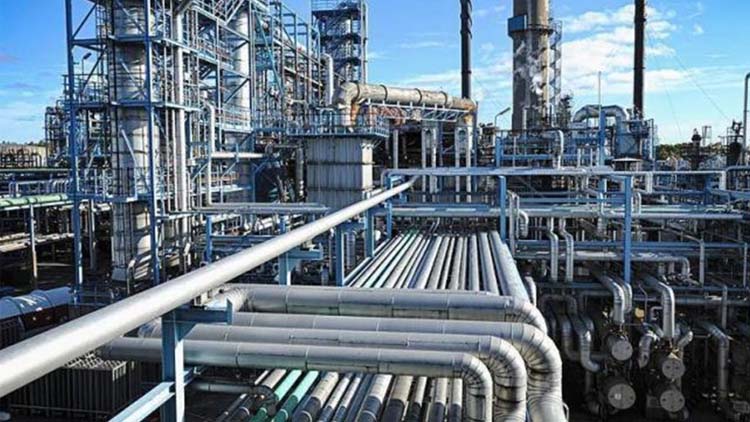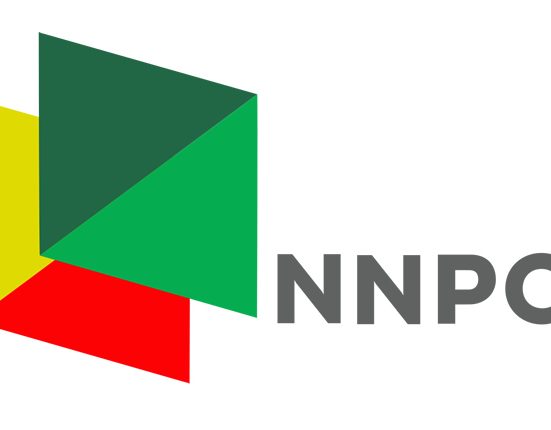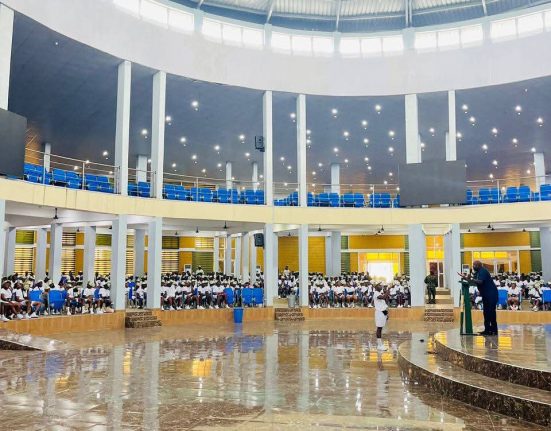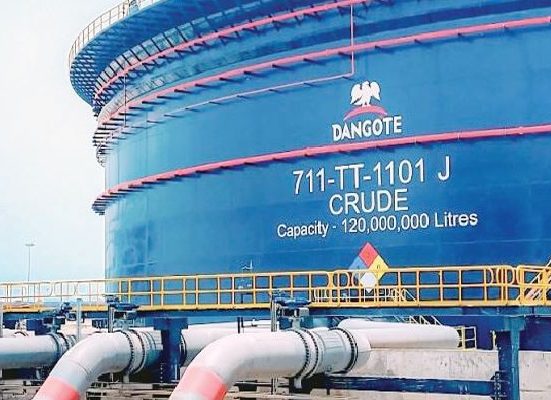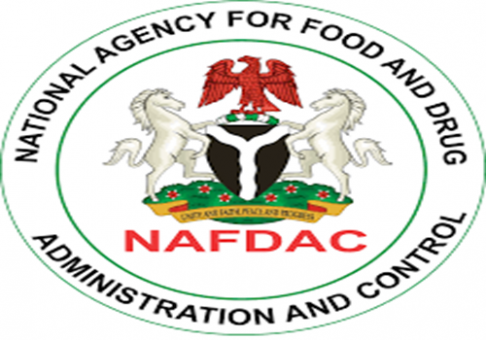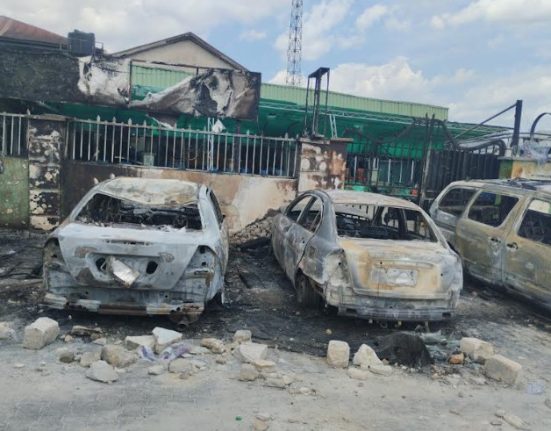The Port Harcourt Refining Company is reportedly set to undergo a maintenance shutdown expected to last about 30 days, stirring concerns among fuel marketers and host communities. While some retailers claimed the refinery was shut down late Thursday night, the Nigerian National Petroleum Company Limited (NNPC) maintained that the facility was still operational as of Friday.
Fuel retailers based in Eleme and Okrika, communities hosting the refinery, have strongly opposed the planned shutdown. They accused the refinery coordinator, Engr. Bayo Adenrele, of ordering the closure without clear justification. In a statement jointly signed by leaders of the Host Community Petroleum Bulk Retailers, including Board of Trustees Chairman Sunny Nkpe and Secretary Emmanuel Inimgba, the group alleged that deliberate actions were being taken to undermine the refinery’s operations.
The retailers claimed that Adenrele was acting as an agent for a private refinery and was intentionally crippling the Port Harcourt facility by denying it crude oil supply, effectively forcing it toward shutdown. They warned that such a move would hand market dominance to private players, which would likely drive fuel prices higher and worsen economic hardships for Nigerians.
The group threatened to hold the coordinator accountable should a fuel shortage arise following the shutdown. They also accused him of neglecting the interests of host communities during the refinery’s rehabilitation process, denying them rightful benefits such as contracts, empowerment initiatives, and proceeds from scrap sales, while allegedly favouring associates.
Further accusations claimed that Adenrele’s actions had stalled completion of the Crude Refining Unit (CRU) of the old refinery and delayed efforts to fully operationalise the new Area 1, 2, and 3 plants. The potential shutdown was feared to result in job losses for local workers currently involved in the refinery’s operations and maintenance.
The retailers vowed not to stand by passively and allow the refinery, a critical national asset, to deteriorate despite government efforts to revive it. They promised to resist any attempts that prioritise private interests over national welfare through all available legal channels.
As a solution, the group urged the immediate appointment of a substantive Managing Director to provide leadership and stability for the ongoing rehabilitation of the refinery. They appealed to the Minister of State for Petroleum Resources, Heineken Lokpobiri, and the NNPC Group Chief Executive, Bayo Ojulari, to intervene urgently. They also called on Senate President Godswill Akpabio to step in and help resolve the crisis, demanding swift action to prevent what they described as sabotage.
In response, NNPC’s Chief Corporate Communications Officer, Olufemi Soneye, dismissed claims of sabotage. He confirmed the refinery remained fully operational as of Friday but acknowledged plans for a scheduled critical maintenance exercise aimed at ensuring the facility’s safe and sustainable performance. This maintenance is expected to last roughly one month and will adhere to global best practices. Soneye assured that adequate stocks of Automotive Gas Oil (AGO), kerosene, and other petroleum products are available to prevent any disruption in supply during this period.
Meanwhile, the Depot and Petroleum Products Marketers Association of Nigeria (DAPPMAN) recently highlighted challenges with the NNPC-owned refineries, stating that Port Harcourt and Warri refineries were not yet optimally producing Premium Motor Spirit (PMS) but mainly producing naphtha. DAPPMAN’s Executive Secretary, Olufemi Adewole, emphasized that his members would not procure petrol from these refineries for now, preferring to source from the Dangote refinery or import if necessary under the Petroleum Industry Act (PIA).
The Port Harcourt refinery, with a capacity of 60,000 barrels per day, resumed operations in November 2024 after years of inactivity, marking a key milestone in Nigeria’s efforts to revive its refining sector. However, ongoing operational and maintenance issues continue to spark debate among stakeholders over the future of the facility and its impact on Nigeria’s fuel supply.

